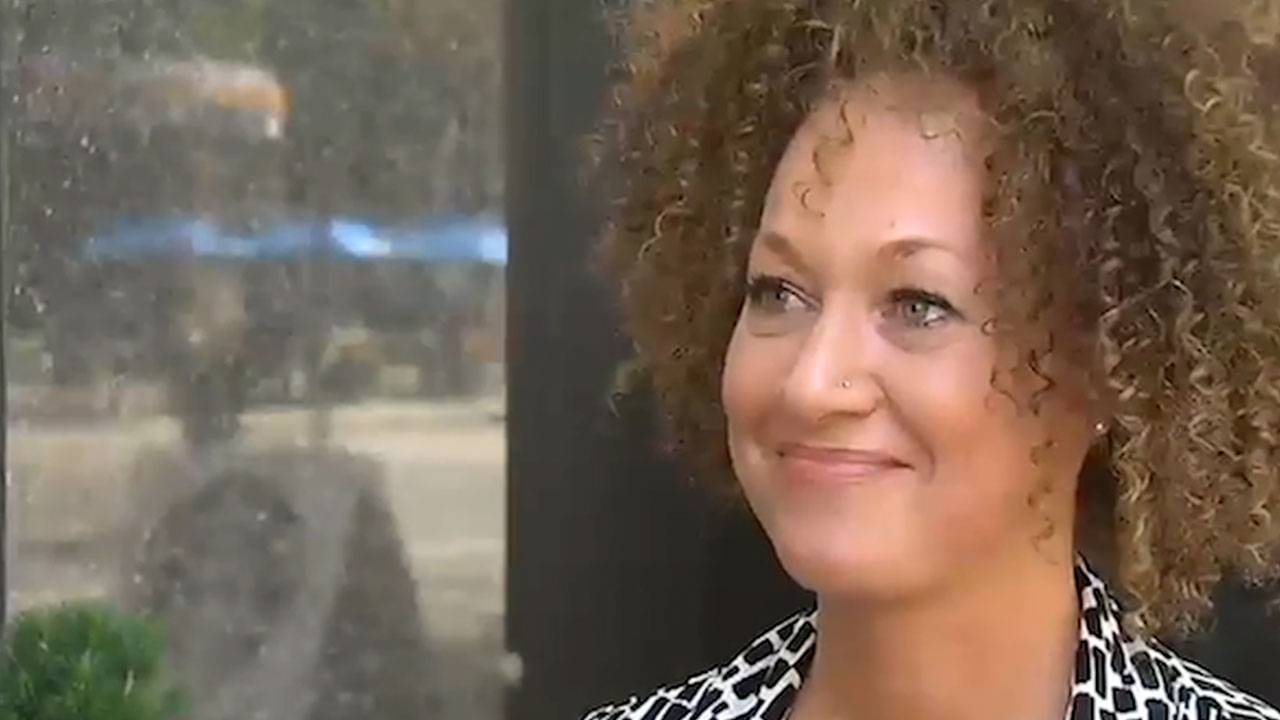The case of Rachel Dolezal has sparked considerable debate and controversy surrounding the complex issues of racial identity. Dolezal, a woman born to Caucasian parents, garnered widespread attention when she claimed to identify as Black. This article explores the key events in Rachel Dolezal’s life, from her controversial racial identity claims to her recent name change to Nkechi Diallo.
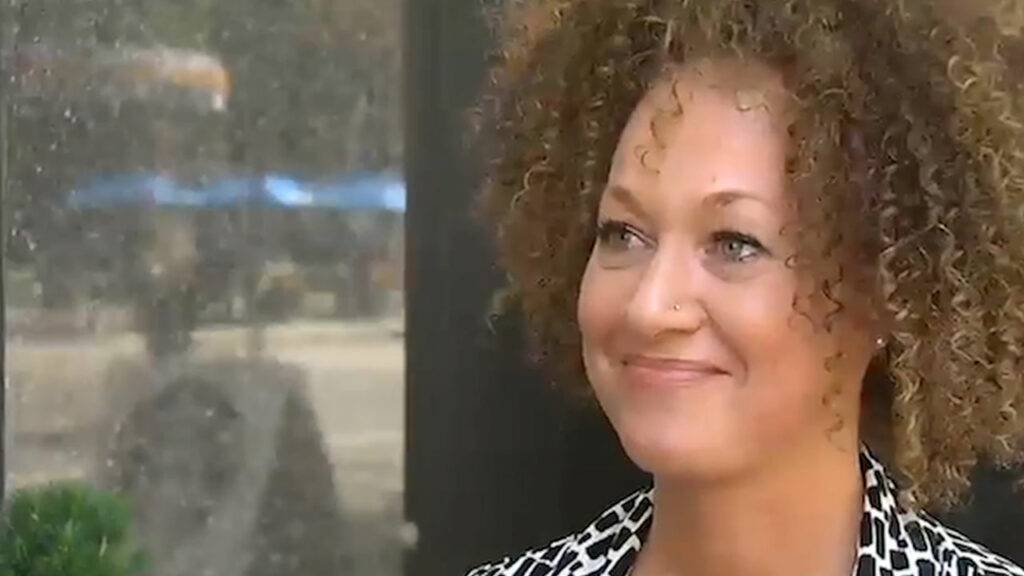
Is Rachel Dolezal Black?
Rachel Dolezal’s racial identity became a subject of intense scrutiny in 2015 when it was revealed that despite being born to Caucasian parents, she identified and presented herself as Black. Serving as the president of the NAACP chapter in Spokane, Washington, Dolezal’s case ignited debates about cultural appropriation and self-identification.
In a 2015 interview with The Guardian, Dolezal defended her identification as Black, emphasizing a genuine connection to Black culture. However, her parents, Ruthanne and Lawrence Dolezal, publicly disputed her claims in a NBC interview, asserting her European ancestry. In 2016, Dolezal legally changed her name to Nkechi Diallo, a West African moniker.
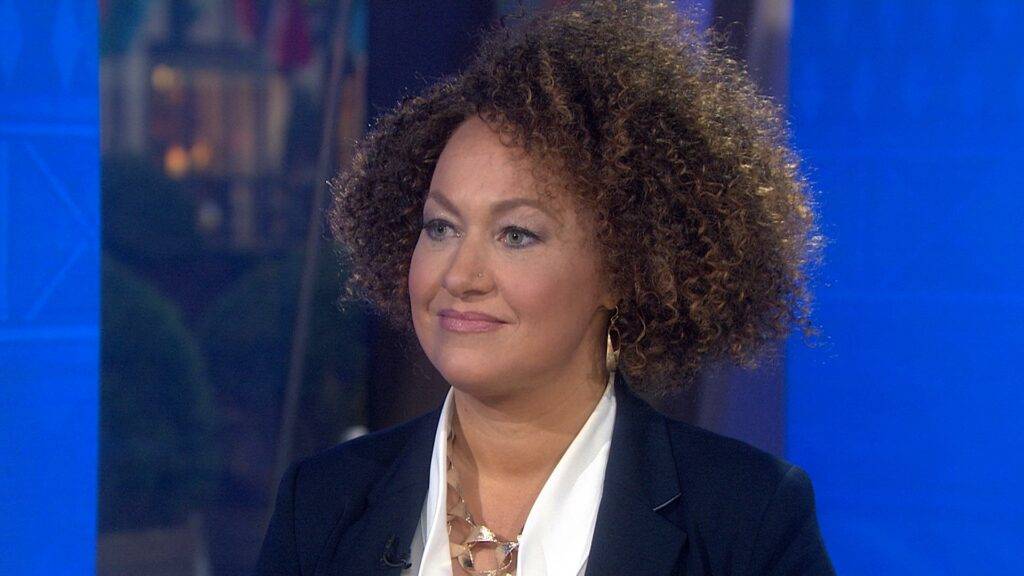
This decision, coupled with her continued career, including teaching at an Arizona elementary school, further intensified the controversy surrounding her actions. The debate over Rachel Dolezal’s racial identity continues to challenge societal perceptions and norms surrounding authenticity, self-identification, and the boundaries of cultural appropriation.
Rachel Dolezal Changed Her Name to Nkechi Diallo
In a move that added another layer of complexity to the ongoing controversy surrounding her racial identity, Rachel Dolezal legally changed her name to Nkechi Diallo in 2016. This decision marked a significant moment in Dolezal’s public narrative, prompting renewed discussions about cultural appropriation and the authenticity of her connections to Black identity.
The adoption of the name Nkechi Diallo, a West African moniker, raised eyebrows and fueled speculation about Dolezal’s motivations. Critics argued that the name change was an attempt to solidify her association with a Black identity, while others questioned the sincerity of such a gesture, given her Caucasian heritage.
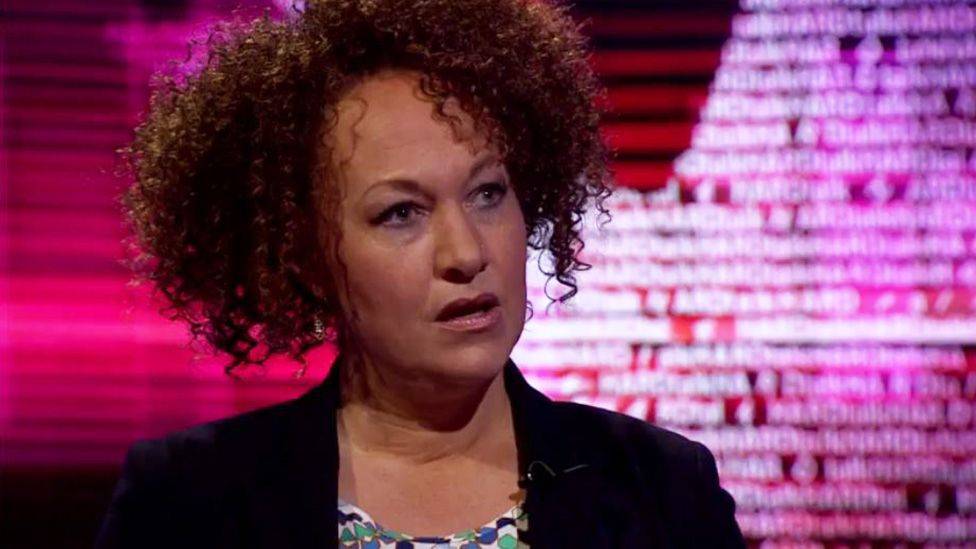
Despite the name change, Dolezal continued her professional life, reportedly teaching at an elementary school in Arizona under her new name. This aspect of her post-identity revelation further added fuel to the ongoing debates, as the controversy surrounding Rachel Dolezal’s choices extended beyond her personal life and into her professional pursuits.
Rachel Dolezal Parents
Ruthanne and Lawrence Dolezal, parents of Rachel Dolezal, became pivotal figures in the public scrutiny surrounding their daughter’s racial identity. In a 2015 NBC interview, they openly disputed Rachel’s account, asserting that she was not of Black descent but rather of Czech, Swedish, and German heritage.
This familial dispute added a layer of complexity to the already contentious narrative. The parents’ insistence on Rachel’s European ancestry contradicted her claims of identifying as Black, contributing to the broader debates about her authenticity and motivations.
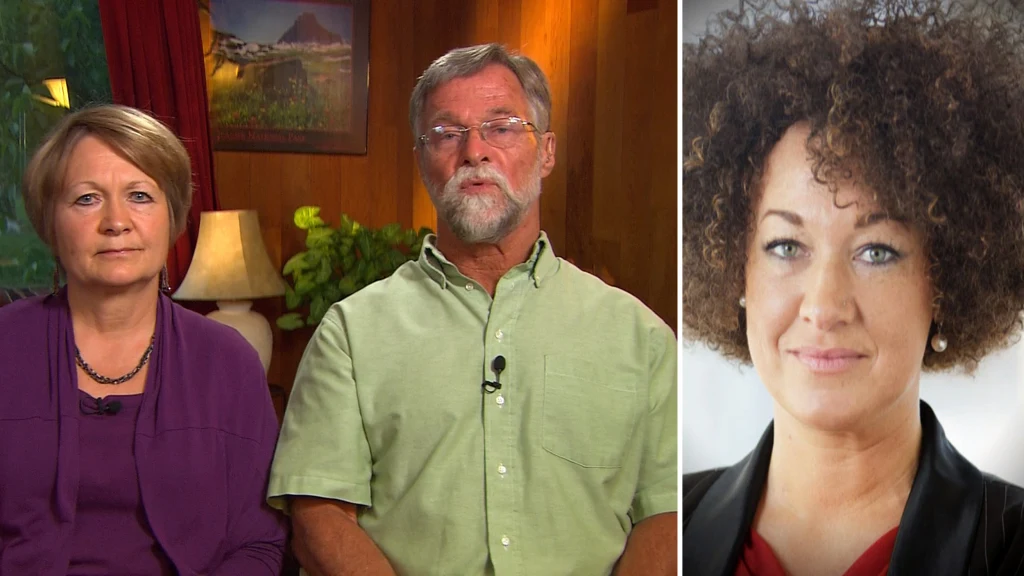
The public revelation of this family disagreement amplified the media’s interest in Rachel Dolezal’s story, with many questioning the dynamics within her family and the factors influencing her choice to identify with a racial and cultural background distinct from her biological roots.
The conflicting perspectives between Rachel Dolezal and her parents underscored the complexity and ambiguity surrounding issues of racial identity and the challenges inherent in navigating such sensitive and personal matters on a public stage.





